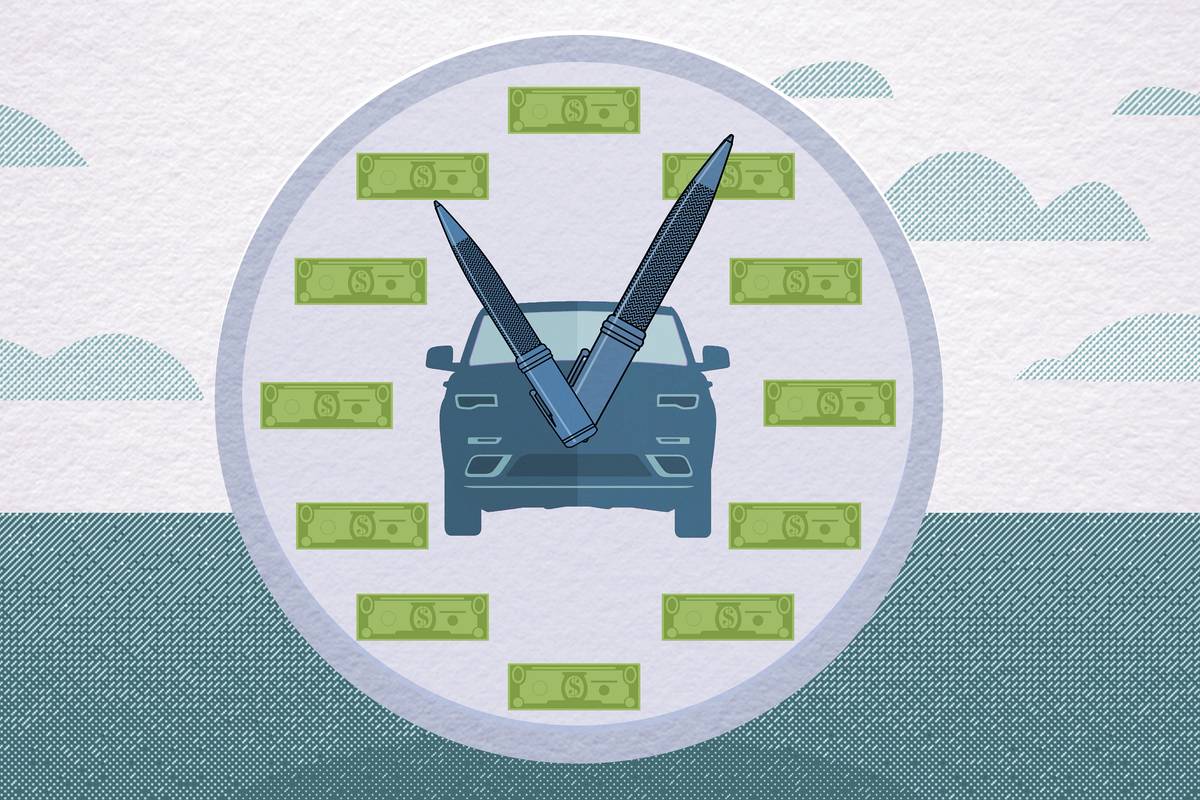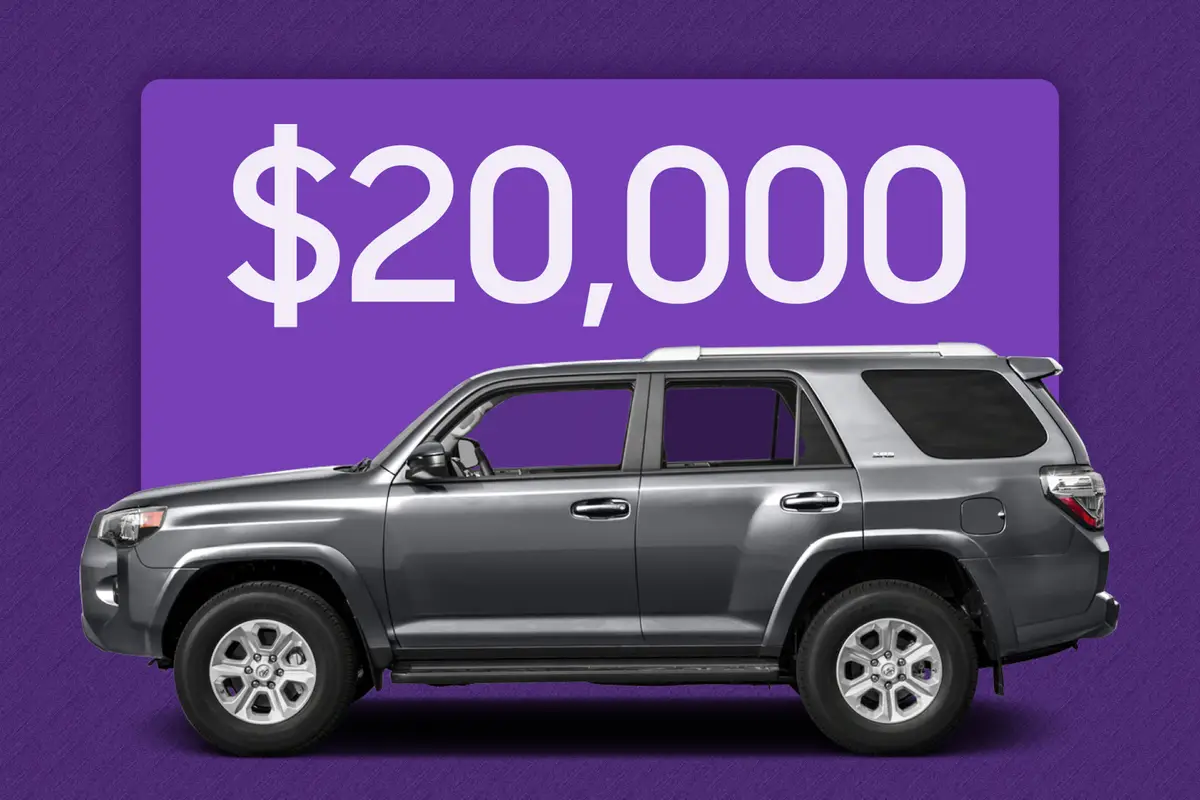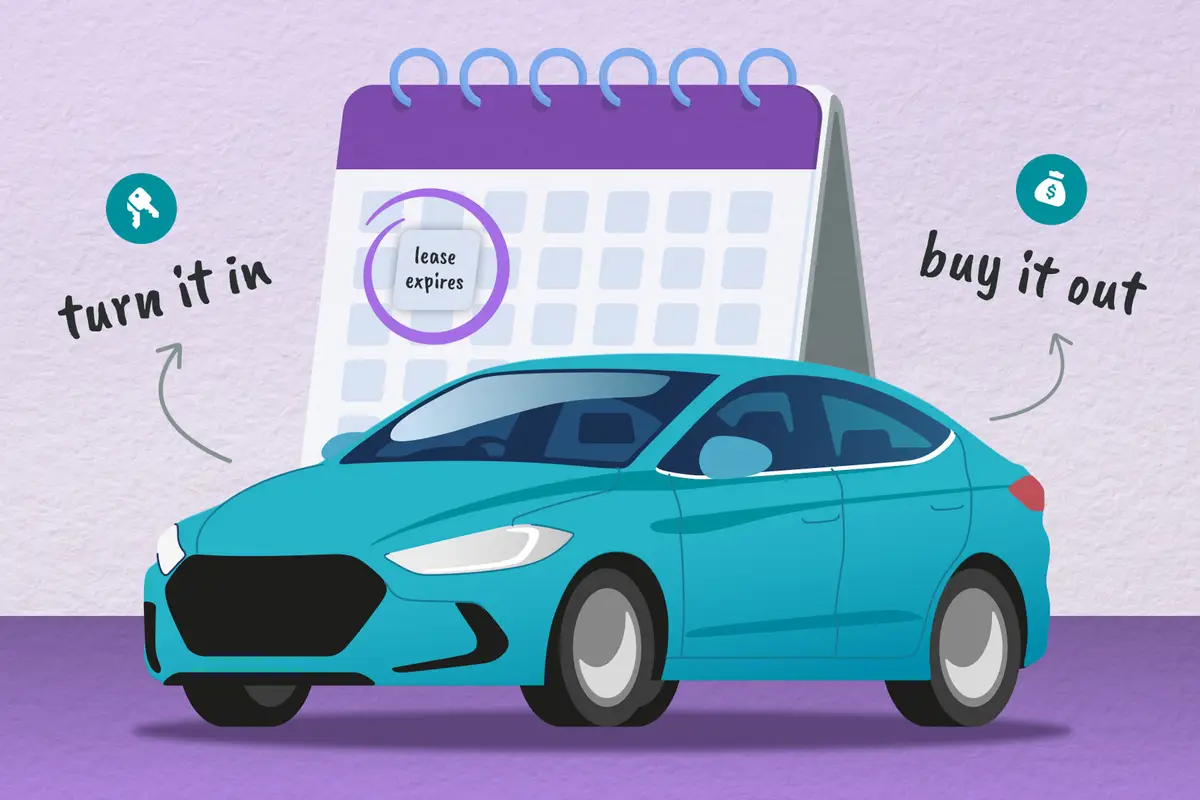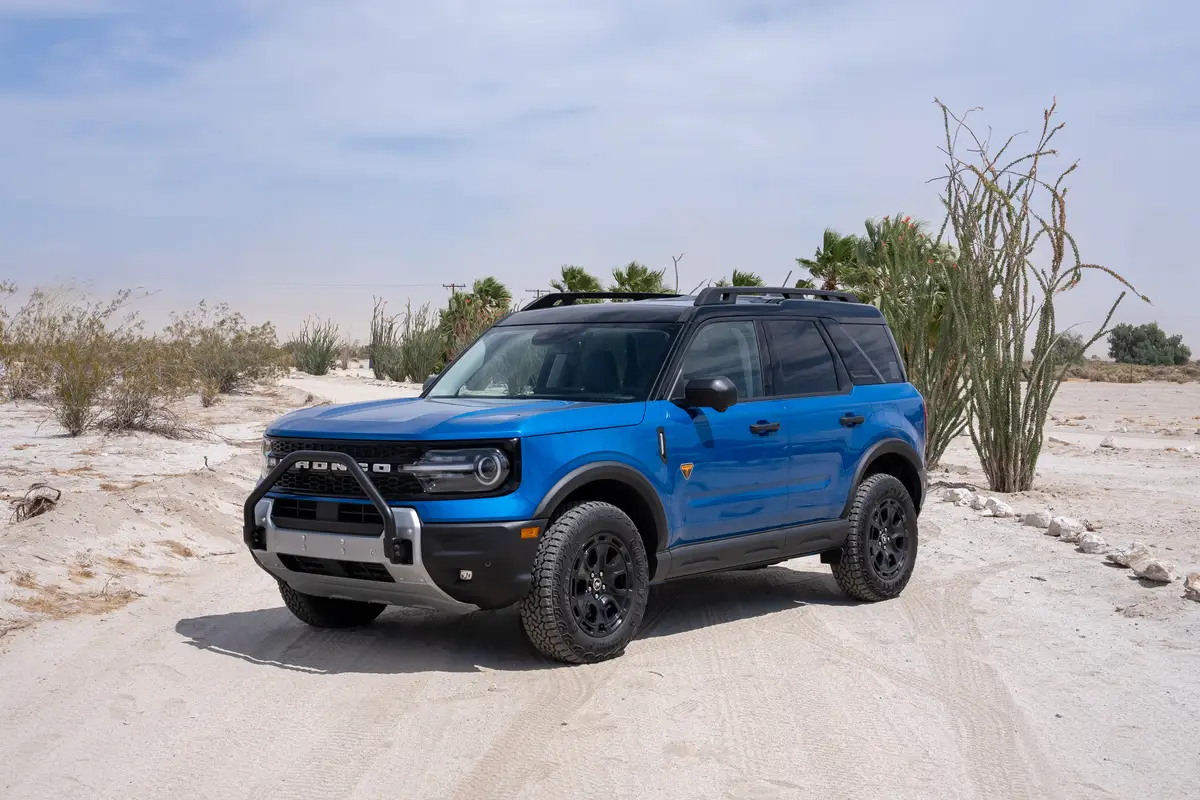Is Now the Time to Buy Out Your Car Lease?


It’s no secret that there’s a shortage of used cars right now, nor that used-car prices have increased significantly. The average used-car price among Cars.com dealers was $28,815 in June, up $7,335 — or 34% — versus the same time in 2019. If you have a leased car or truck, it likely will be worth more at the lease’s end than the residual value that was written into your lease contract when you got the car.
Related: How to Get the Best Offer for Your Trade-In
Residual value is the leasing company’s best guess of what the vehicle would be worth when you turned it in. That value was a major factor in determining your lease payment. The older your lease, the further off the residual value might be. If you just give the car back at the lease’s end, the leasing company gets to pocket that gain in value over what they thought the car would be worth.
One wild card to keep in mind: When considering various options for buying, selling or trading in a leased car, be sure to carefully research the sales tax rules in your state for what you want to do. States have different and complicated rules for taxing vehicle purchases, leases and lease buyouts, and you don’t want to end up sending the bulk of any gain to the tax collector.
Do the Math
You’ll need to do your research to figure if these trends apply to your leased vehicle. Prices for the most popular SUVs — and particularly for pickup trucks — have risen more than other vehicles. Vehicles with a higher original price tag might also show a wider spread. If your leased car hasn’t had a big runup, you can just finish the lease and walk away.
You can research the approximate value — either trade-in or private-party sale value — with online calculators, or you can get a more precise value by taking it to a dealer for a trade-in or purchase offer. You also can get an offer online from a local dealer through Cars.com or track your car’s value via Cars.com’s Your Garage tool.
Compare these valuations to the lease buyout price — generally the sum of the residual value in the contract, the payments you still owe and any disposition fee (an end-of-lease fee many contracts require). Your leasing company can quote you the buyout total. The difference between what you’ll owe and the vehicle’s current value is your equity in the vehicle, a measure of your potential gain.
What Next?
Now that you have an idea of how much money is on the table — and whether it’s going to be worth the trouble — there are ways, depending on your situation and vehicle needs, to try to tap that equity for yourself. Among your choices:
Keep It
If you like the vehicle and it meets your needs, the easiest choice is to just buy it from the leasing company. You’ll be getting a discounted price — a used car worth more than you’ll be paying for it — and you won’t find another used car you know more about than the one you’ve driven and cared for. You’d have to pay a premium in this market to get a different car, purchased or leased. Buying it also puts an end date to the continuous payments that come with leasing.
You don’t have to wait out the lease. You can call your leasing company and ask for the early buyout price. Check on the sales tax treatment in your state for a buyout, too. If you don’t have the cash on hand, many lenders who make auto loans and auto refinance loans also make lease buyout loans. Your leasing company might make a pitch for your loan business but — as always with any new credit — be sure to shop around to get the best interest rate.
Return It Without Fees
End-of-lease disposition fees can be $350 or more, and excess mileage can cost 25 cents per mile. Minor body dings and wheel scuffing could add more. The car’s increased value gives you some leverage to negotiate these fees with the dealer, particularly if you’re in the market for a new lease or purchase, as well.
Sell It
This is trickier, but it beats just giving the vehicle back if your equity is substantial and, in some cases, you won’t have to buy the vehicle yourself to be able to sell it or use it as a trade-in. Reasons you don’t want to keep the vehicle yourself might be that you don’t like it, you’re straining to make the payments, or your post-pandemic life has changed in ways that mean you don’t need the vehicle or you need a different type of vehicle. Among your options:
- The easiest might be to simply sell it to a new-car dealer or a local or online used-car dealer — they really want cars right now, especially late-model, low-mileage used vehicles. It’s a process not unlike selling a vehicle you still have a loan on. It’s not likely to get you the highest price, but you save remaining lease payments as well as get a check for your equity, and the dealer can handle the details.
- If you want to replace the leased car, use it as a trade-in. You don’t have to come up with money to buy it first (including for taxes), and your additional equity gets applied to your new ride. As with any other trade-in, you need to be ready to negotiate on the trade-in’s price as well as the new vehicle’s price — and be willing to go to more than one dealer. Since you’ve already carefully researched the leased car’s value and your equity, you’re in a good position to recognize a fair offer.
- A private-party sale could bring you a higher price than other options, though not necessarily more net profit if you need to buy the car first to avoid a complicated selling process that might put off a stranger. Some leasing companies, which often are automaker finance arms, will allow a so-called “third-party buyout” to sell the leased car to someone else. But a large number won’t allow it, and others set a higher buyout price for third parties.
- You could take the opportunity to pass along a good used car to an interested friend or family member. Some states offer favorable tax treatment for title transfer within families; whether you also pass along your gain is up to you.
More From Cars.com:
- How to Get Out of a Car Lease
- How to Get the Best Offer for Your Trade-In
- How Does Leasing a Car Work?
- Glossary of Car Leasing Terms
- More Leasing News
Related Video:
Cars.com’s Editorial department is your source for automotive news and reviews. In line with Cars.com’s long-standing ethics policy, editors and reviewers don’t accept gifts or free trips from automakers. The Editorial department is independent of Cars.com’s advertising, sales and sponsored content departments.

Former D.C. Bureau Chief Fred Meier, who lives every day with Washington gridlock, has an un-American love of small wagons and hatchbacks.
Featured stories




